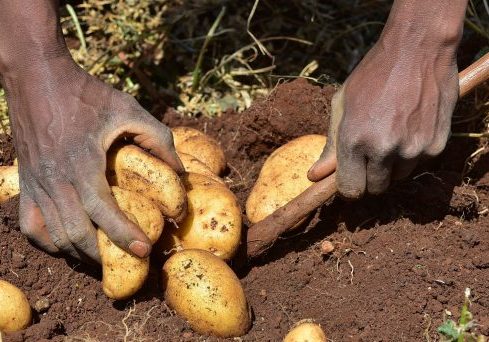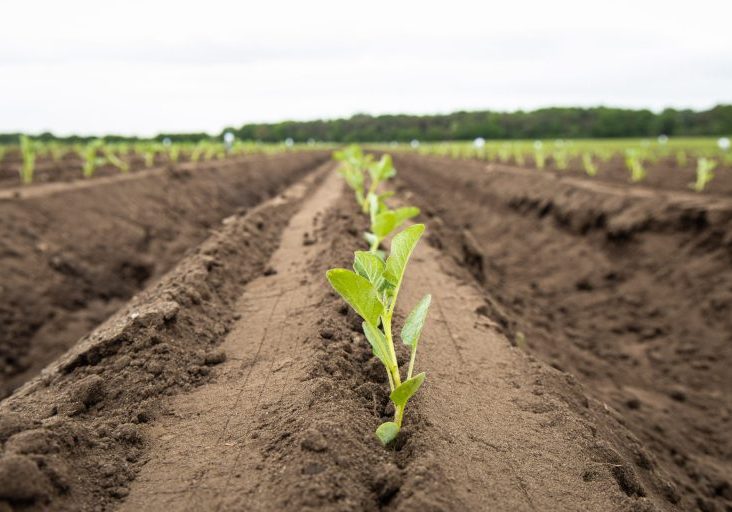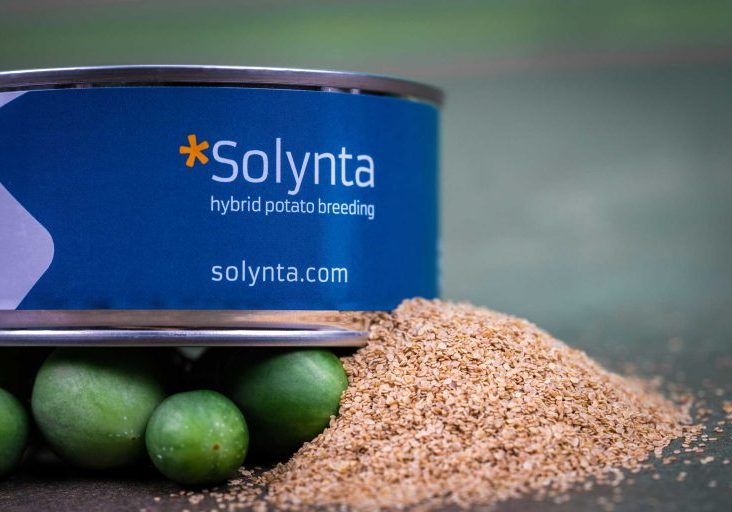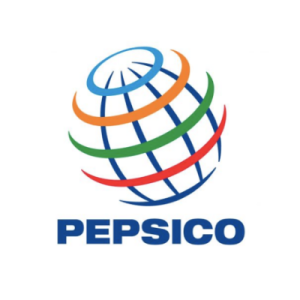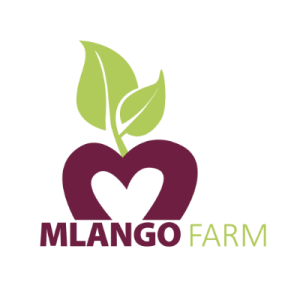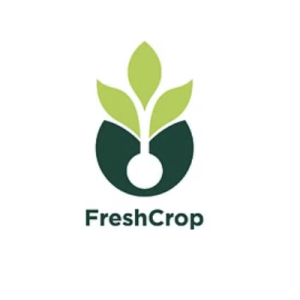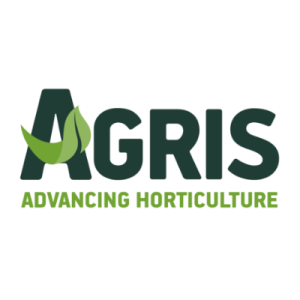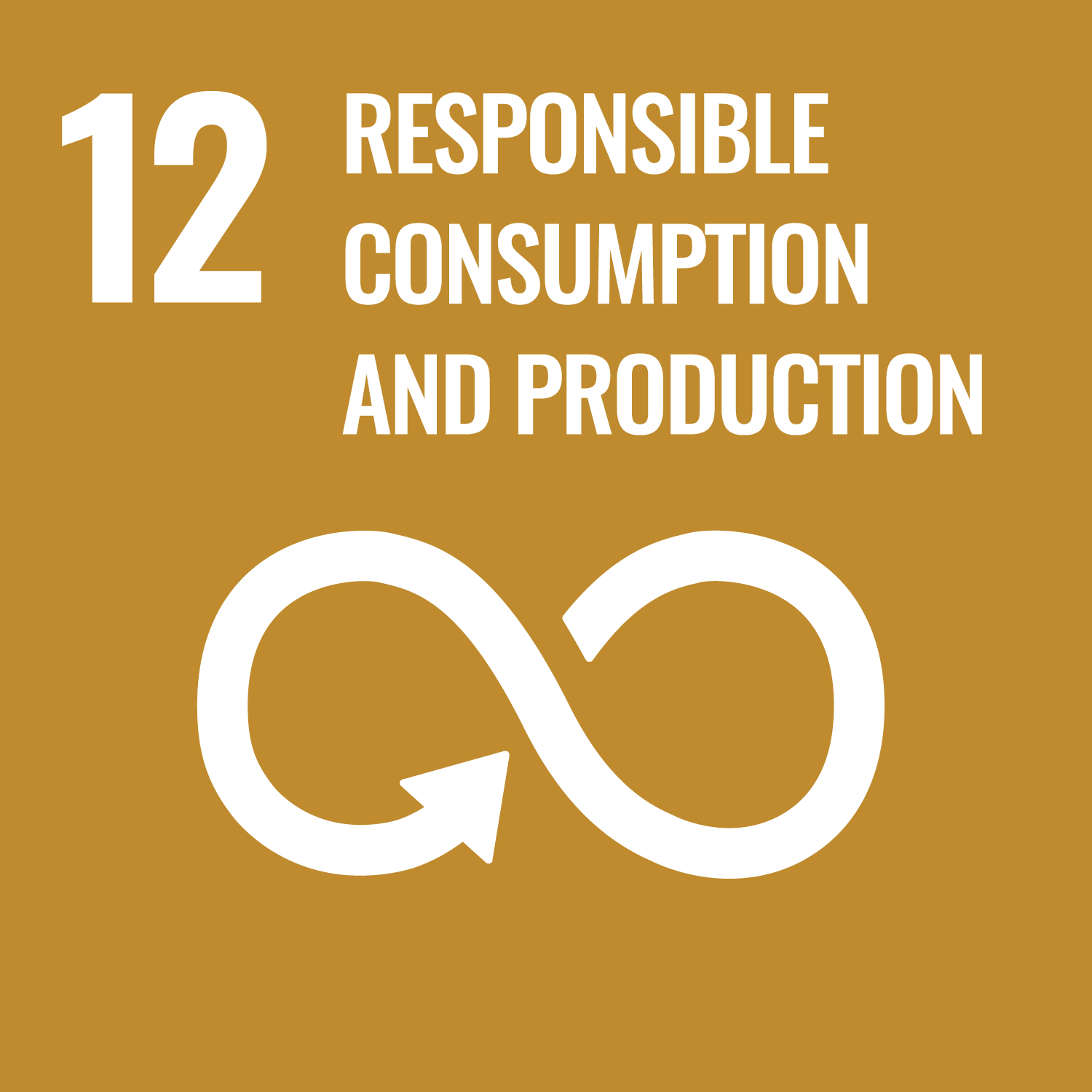
Hybrid potatoes are bred to be more productive, adapted to local conditions and disease-resistant. With hybrid potatoes, potato growers can produce more food with fewer resources, enabling a sustainable potato production with a reliable and consistent source of food for their communities.

Hybrid potatoes can be developed to be more tolerant to drought, heat stress and other climate change related stressors, which can help farmers to adapt to changing environmental conditions. In addition, hybrid potatoes can be developed to require less water and fertilizer, which can help to reduce the environmental impact of potato production and promote more sustainable land use practices.
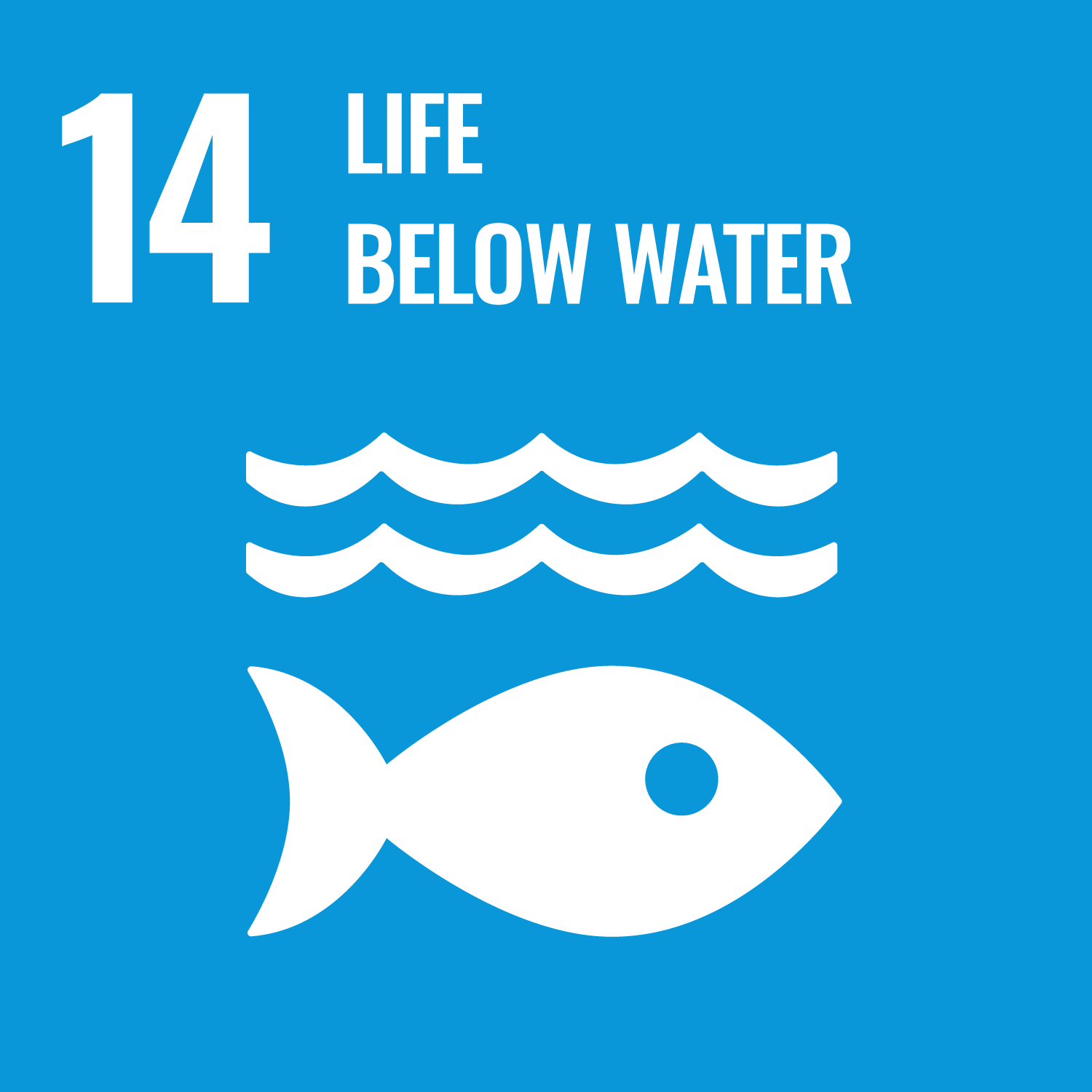
Traditional potato production practices can contribute to soil erosion and chemicals and nutrients runoff that can have negative impacts on aquatic ecosystems. With new robust hybrid potatoes, growers require less fertilizer and water, reducing the environmental impact of potato production and protecting aquatic ecosystems.
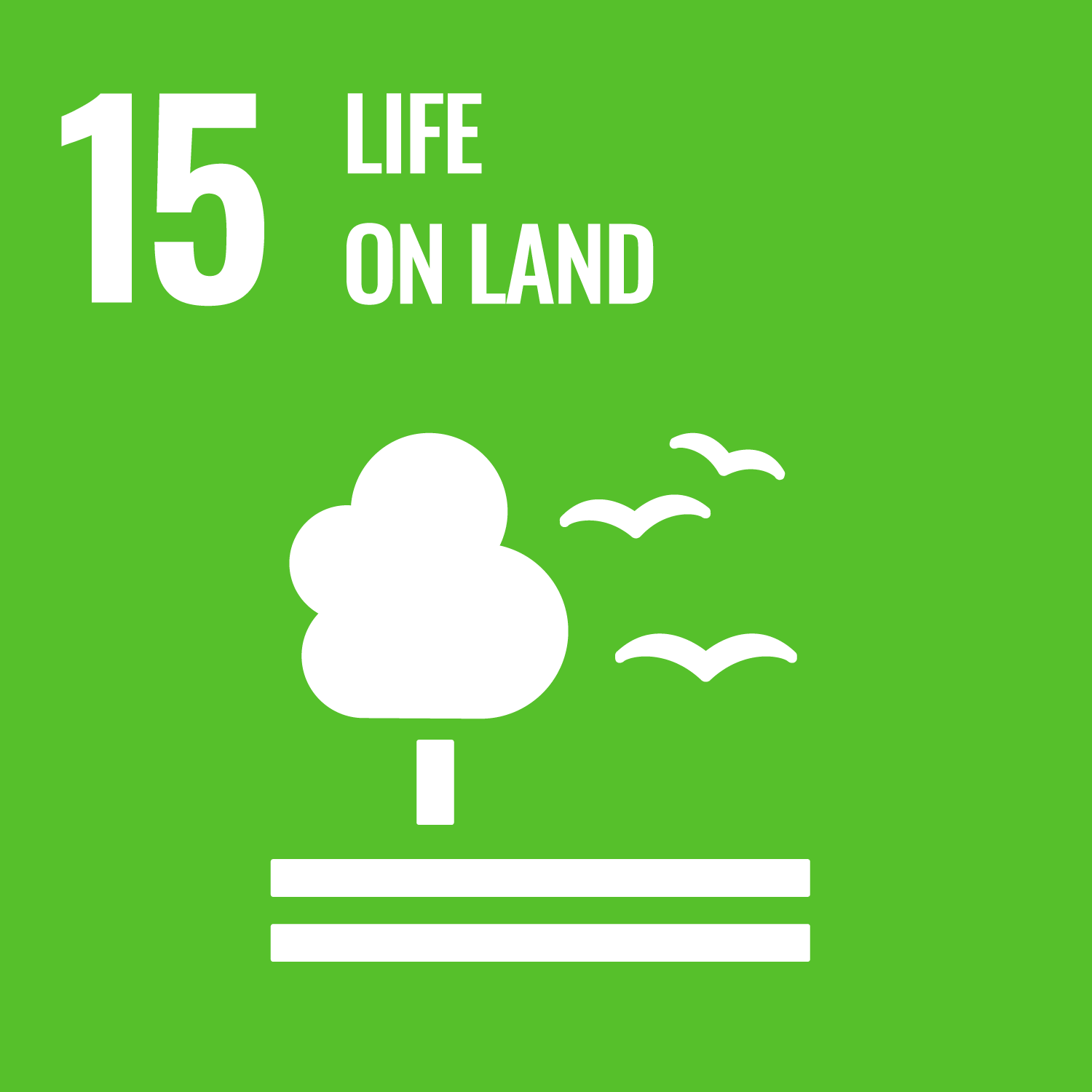
Hybrid potatoes require fewer resources and are more resistant to pests and diseases. This way, we can promote more sustainable and resilient land use practices that can protect soil health and promote biodiversity. Sustainable potato production practices can help to reduce the need for agricultural chemicals and can have a positive impact on pollinators and other wildlife.
Facts & Figures
Founded 2007
First to Isolate Sli gene that allows hybridization
Based in The Netherlands, home to potato breeding
Trialing activities in all potato growing environments
Active in over 40 countries and 4 continents
Management Team

Peter Poortinga
CEO

Hein Kruyt
CFO

Joost van Regteren
CCO

Edwin van der Vossen
R&D Director


